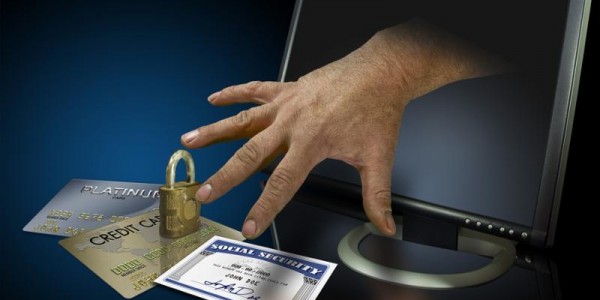By: Pamela A. Lee, Esquire
There isn’t a day that goes by that I do not receive an email or telephone call where the individual on the other end wants me to click on a link or provide personal information.
Likewise, there isn’t a month that goes by without another story in the news concerning a data breach or hacked accounts. While data breaches—prevention of which is not in your control—are likely the largest threat to your identity, there are some measures in your control to help stop the theft of your identity.
Here are a few suggestions for reducing identity theft:
Secure Your Devices
Cybercriminals are getting smarter and more sophisticated so you need to adequately secure your computers and mobile devices. Password protect your devices. Change passwords regularly and use passwords incorporating upper and lower cases, numbers and punctuation marks. It is wise not to store private information on your mobile device or computer, including login and password information and credit card information. Regularly install all updates of your anti-virus software and anti-malware. Don’t reply to, or click on a link in, an email from a sender you do not recognize. Don’t click on a link in an email purporting to be from your bank or an online vendor; instead, go to the website directly to make sure you are connecting to the legitimate website.
Be Vigilant When Using the Web
A public Wi-Fi network—you know, the ones you find at your favorite coffee shop or hotel—is never secure. Do not make purchases, use passwords, or expose your private information when using a public network.
Be vigilant when clicking on pop-up boxes when surfing online. Cybercriminals commonly set up phony pop-ups based upon popular and legitimate websites. Earlier this year, people who bought a new Hewlett Packard printer and visited the company’s website to download the required software were greeted with a phony pop-up box that asked “Are you trying to set up your new Hewlett Packard printer” set up by criminals to gain remote access to your computer.
Use only secure website addresses. Verify that the website address has “https://” for a prefix. The “s” in the prefix is very important because “http://” is not secure. You can also look for the padlock icon in the address bar (it’s usually green) and if you click on the padlock a pop-up will appear displaying the site’s security information. If there is a “Secure and Verified” badge, click the badge and as long as a pop up displays the correct certificate and verification information of the website you’re visiting, then its likely legitimate. Finally, look for a website’s privacy policy and contact information to determine the legitimacy of the site.
Don’t Give Out Your Personal Information
Never respond to unsolicited requests—whether by email, telephone or any other mode of communication—for personal information such as your name, date of birth, social security number and bank or credit card information. Don’t post your date of birth, mother’s maiden name, father’s middle name, first pet’s name, or other personal information on social media. It is also wise to regularly check your credit reports.
What To Do If Your Identity Is Stolen
Contact your financial institution(s) and, if necessary, lock or close down the accounts affected. Place a fraud alert with the three major reporting agencies—TransUnion, Equifax and Experian— and then request copies of your credit reports to review for any unauthorized accounts. You may also want to initiate a credit freeze (or security freeze) which will restrict access to your credit report from the credit bureaus which, in turn, makes it difficult for thieves to open a new account in your name. File a report with the Federal Trade Commission and with your local police department. Change your passwords.
If you are a victim of identity theft, you may want to consult with an attorney that has experience with such matters.
The Law Firm of DiOrio & Sereni, LLP is a full-service law firm in Media, Delaware County, Pennsylvania. We strive to help people, businesses and institutions throughout Southeastern Pennsylvania solve legal problems – and even prevent legal problems before they occur. To learn more about the full range of our specific practice areas, please visit www.dioriosereni.com or contact Pamela A. Lee, Esquire at 610-565-5700 or at [email protected]
Like what you see? Join our mailing list











